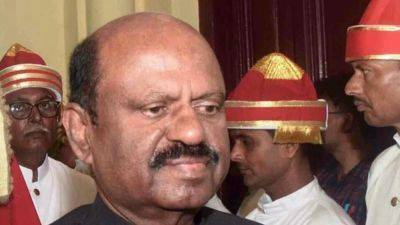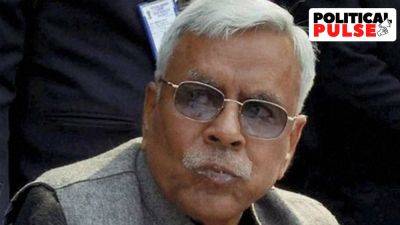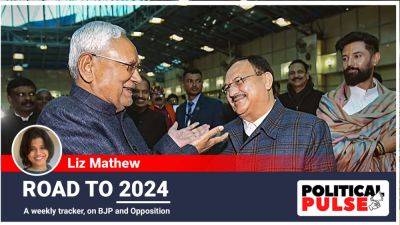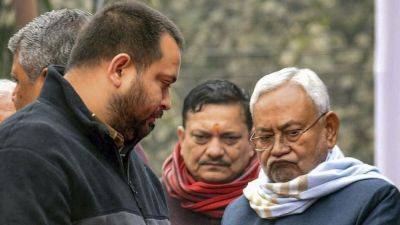States, civil society restive as Centre plans to scrap Free Movement Regime with Myanmar
When Manipur Chief Minister N Biren Singh announced in September last year that he had appealed to the Centre to scrap the Free Movement Regime (FMR) along the porous Indo-Myanmar border, he cited the influx of “illegal immigrants” and cross-border drug trafficking. Now that the Centre indeed plans to end this arrangement, state governments and civil society representing communities with ties across the border intend to make their dissent heard.
India and Myanmar share a 1,643 km border across Manipur, Mizoram, Nagaland and Arunachal Pradesh, of which only 10 km is fenced, in Manipur. The FMR allows tribes living along the border on either side, many of whom share ethnic bonds, to travel up to 16 km inside the other country without a visa and stay up to two weeks.
Sources said the Union government was inclined to end the FMR to end its “misuse” by insurgent groups to carry out attacks on the Indian side, and to stop the influx of illegal immigrants, drugs and gold smuggling.
However, border state governments and groups unhappy with this decision emphasise that strategic concerns were just one part of the issue, and that the FMR at its heart was meant to address the crudeness and complications of the map-making exercise during the colonial era. The international border, finalised according to lines drawn by British governments without the consent of locals, cuts through mountains and in many parts divides people of the same ethnicity and culture into two different nations.
When, as part of the Narendra Modi government’s Act East Policy, the Union Cabinet approved the Land Border Crossing Agreement between India and Myanmar in January 2018, the government had said it would “safeguard the traditional rights of the largely







